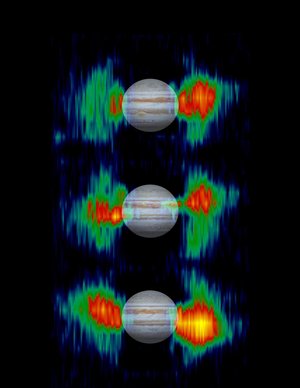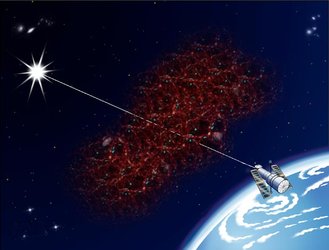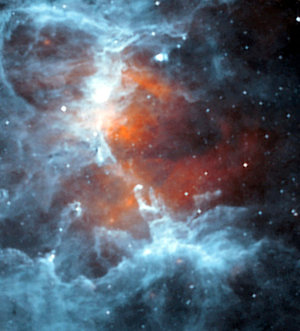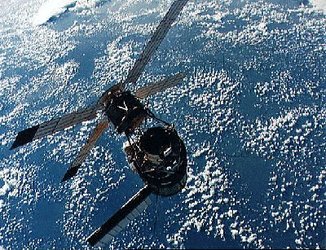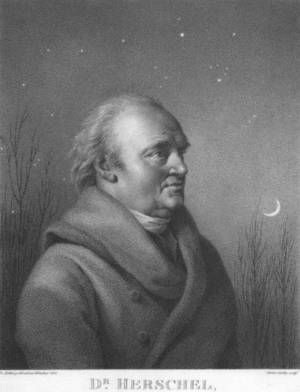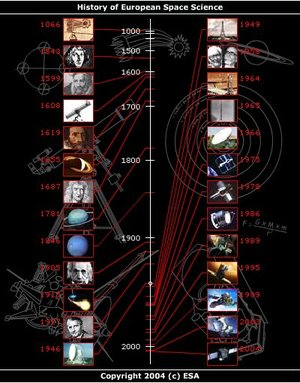22 November
1944: On 22 November 1944, Sir Arthur Stanley Eddington died.
Eddington was an English astronomer, physicist and mathematician. His greatest work was in astrophysics, investigating the motion, internal structure and evolution of stars.
Eddington contributed much to the introduction of Einstein's general theory of relativity into cosmology. He led one of the two 1919 solar eclipse expeditions which confirmed the predicted bending of starlight by gravity.
In astrophysics, he dealt with the importance of radiation pressure, the mass-luminosity relation, pulsations in Cepheid variables, and the very high densities of white dwarfs. He was one of the first to state that 'subatomic' reactions must power the stars.
1907: On 22 November 1944, Asaph Hall died.
Hall was an American astronomer who discovered and named the two moons of Mars, Phobos and Deimos, and calculated their orbits.
Born in 1829, he was a carpenter's apprentice who had a passion for geometry and algebra. Hall obtained a position at the Harvard Observatory in Cambridge, Massachusetts in 1857 and became an expert in orbits.
In August 1862, he joined the staff of the Naval Observatory in Washington D.C., where he made his discoveries in August 1877, using the observatory's 26-inch refracting telescope, then the largest of its kind in the world. He worked there for 30 years until 1891.



